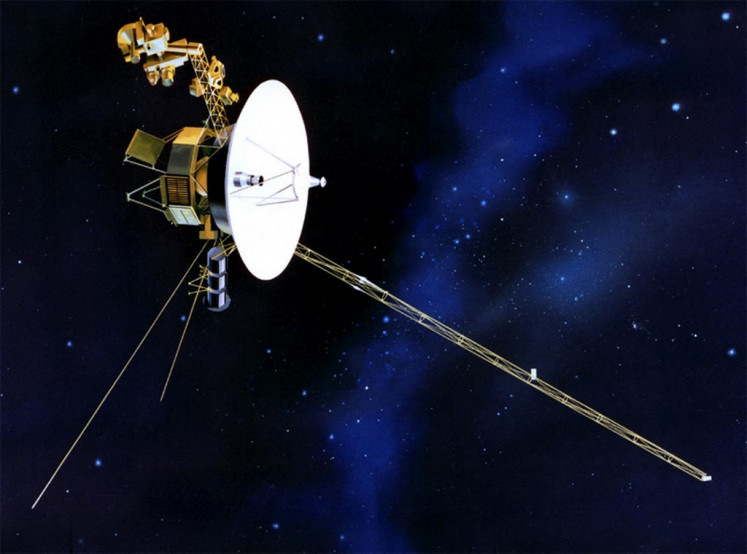We might still be holding onto childhood memories, study suggests
Researchers from the University of Toronto have studied mice to figure out just how and when our brain loses early childhood memories.
Change Size
 The researchers now believe that in terms of human recall, both memory recovery and storage in the mind are the biggest issues hindering humans from accessing those childhood memories. (Shutterstock/File)
The researchers now believe that in terms of human recall, both memory recovery and storage in the mind are the biggest issues hindering humans from accessing those childhood memories. (Shutterstock/File)
W
hen we think about our first memories, it’s difficult for most to think about anything earlier than 4 or so years old. But a new study has shown that our brain might still be holding onto memories earlier than that.
Researchers from the University of Toronto have studied mice to figure out just how and when our brain loses these early childhood memories.
"Rapid forgetting has been attributed to the fact that children lack the cognitive tools to successfully consolidate and organize autobiographical memories at this early developmental stage," the team of neuroscientists wrote in the study.
"However, similar accelerated forgetting in infancy is also observed in non-human species, including mice, suggesting that a complete neurobiological account cannot be limited to purely human phenomena."
The team trained infant mice to associate a small box with a mild shock to the foot, and the mice then forgot about this association after 15 days, which in human terms, is similar to a child forgetting infant memories at around age 7.
Read also: Childhood obesity: 5 prevention tips for parents
They then took a new set of mice and did the same thing, but this time, they also tagged the specific neurons trigged in the hippocampus when zapped. Over two weeks afterward, the mice behaved as if they recognized the box when the same tagged neurons were stimulated, even though they should have forgotten the box.
"The memory recall was remarkable," senior author Paul Frankland, a neurobiologist from the SickKids Research Institute and the University of Toronto, told Science Alert. "These results suggest our earliest experiences are not completely forgotten or erased from the brain. Instead, we can bring them back through direct stimulation."
Frankland continued to explain, "What we're doing by stimulating the collection of neurons, which are active during encoding, is giving the system a little bit of a boost.”
The researchers now believe that in terms of human recall, both memory recovery and storage in the mind are the biggest issues hindering humans from accessing those childhood memories. (sul/kes)









